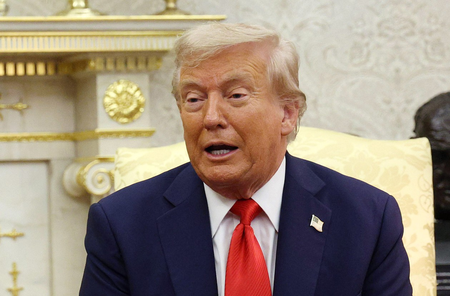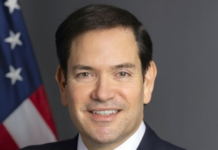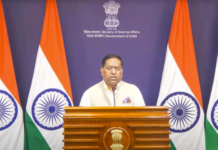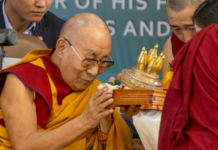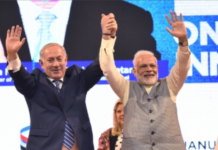NEW DELHI — U.S. President Donald Trump’s assertion that Pakistan is conducting nuclear weapons tests has caused widespread alarm among security analysts, who warn that such actions—if true—could destabilize the region and endanger Pakistan itself amid economic turmoil and internal unrest.
Trump made the claim during an interview on CBS News’ 60 Minutes on Sunday, saying that Russia, China, North Korea, and Pakistan were all engaged in nuclear testing.
“Russia’s testing, and China’s testing, but they don’t talk about it. You know, we’re an open society. We talk about it. We have to talk about it because otherwise you people are gonna report — they don’t have reporters that gonna be writing about it. We do. No, we’re gonna test, because they test and others test. And certainly North Korea’s been testing. Pakistan’s been testing,” he said, according to CBS News.
Though there is no official confirmation of such tests, the remark has reignited fears about Pakistan’s nuclear activities and regional instability. Trump further claimed these tests occur “way underground where people don’t know exactly what’s happening,” adding, “You feel a little bit of a vibration.”
The comments have drawn scrutiny due to Pakistan’s fragile internal situation — including a struggling economy, insurgent threats, and a resurgence of religious militancy — all of which make any nuclear activity especially risky.
Speculation about Pakistan’s Kirana Hills near Sargodha Air Base has persisted for years, with rumors of underground bunkers and missile storage facilities. Some social media reports have even linked supposed seismic activity in the region to covert testing or air strikes, but both Indian and international authorities have denied such claims.
Pakistan’s last confirmed nuclear tests took place in May 1998. Analysts warn that any new testing could sharply heighten regional tensions, accelerate an arms race, and trigger strong international responses.
Russia’s last recorded nuclear explosion occurred in 1990, while China’s most recent acknowledged test was in 1996. North Korea last conducted a full-scale test in 2017 but has since resumed short-range missile launches.
Trump’s statement has added new uncertainty to an already delicate global nuclear landscape, reviving fears of renewed competition among nuclear powers and potential instability in South Asia. (Source: IANS)


